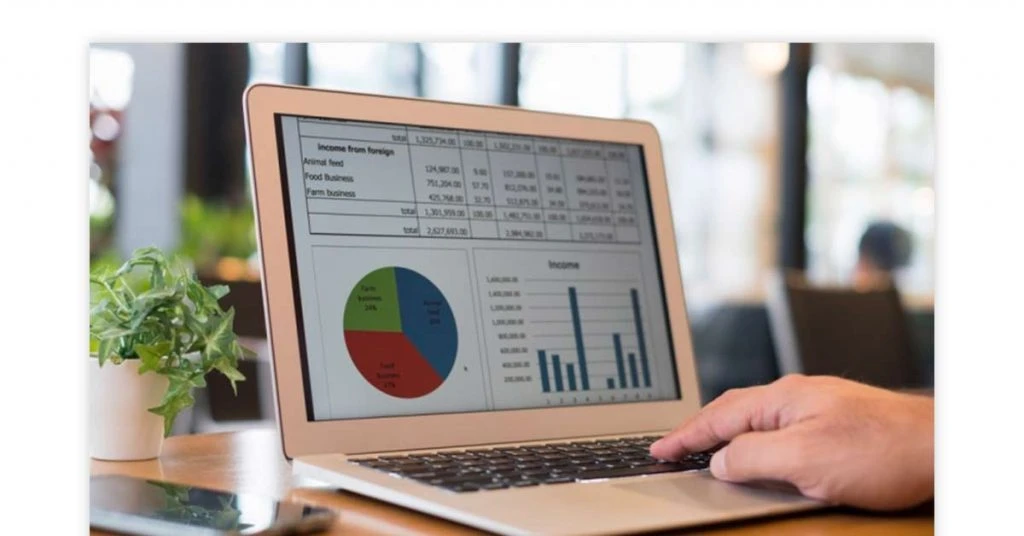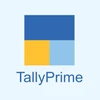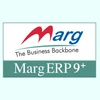Offline Vs Online Accounting Software – Quick Comparison

Let’s admit it. As a business owner, you don’t really like accounting. It can be inconvenient and far too often boring. And this is where accounting tools step in.
They increase your efficiency when it comes to managing your finances. You can easily manage all your liabilities, such as tax owed to the government, each employee’s salary, invoicing, and more.
Online vs Offline Accounting Software: Which One is Better?
What Does Accounting Software Do?
New entrepreneurs on the block might not realize this, but accounting software is one of the most vital solutions for your business’s success. The first thing that most accounting software solutions do is automate data entries that make compilation easier and speed up the settling of accounts.
Small business accounting software is further useful for managing all your financial transactions, including cash flow statements, profit and loss, or the accounts book.
Accounting software can save large streams of data securely and provide real-time information about your company’s finances. Popular accounting software also has features such as payroll, inventory management, and so on.
What is Offline Accounting Software?
As the name suggests, offline accounting software is those programs that can be accessed when you do not have a constant connection to a network. Offline accounting software can be hosted on-premise or self-hosted servers.

With this, you can ensure the security of critical accounting information. Offline accounting software, you also get complete ownership of all the tools and do not need to worry about your monthly subscription.
Suggested Read: What is MIS Report & How to Prepare It [In Tally & Excel]
Advantages of Offline Accounting Software
- Better control over your financial data with the help of self-hosted servers.
- Can access most critical data even if you are not connected to the internet.
Disadvantages of Offline Accounting Software
- Offline accounting software does not have the option to encrypt your data automatically. You have to do it manually.
- It saves all your data locally on the system, which requires a lot of free space.
- Only the person on whose system the software has been installed can readily access it with offline accounting software. Thus, limiting the access of other team members.
- Offline accounting software updates have to be done manually.
Examples of Offline Accounting Software
Here is some of the best offline accounting software popularly used by retail stores and SMBs.
- Output Books
With Output Books, your organization can have simultaneous access for multiple employees. The software is also suitable for managing all your warehouses and branches located across multiple locations.
- Akaunting
Akaunting is preferred by companies for syncing accounts and setting recurring bills. The software can be accessed from multiple devices such as phones, desktops, tablets, etc.
- GnuCash
GnuCash offline accounting software is suitable for vendor tracking and job costing. GnuCash has an extremely friendly user interface and is available for Linux, Mac OS, Windows, etc.
What is Online Accounting Software?
Online accounting software needs a constant internet connection to work properly. However, it supports a high degree of automation and helps send invoices to third-party vendors or suppliers and receive them as well.

Since online accounting software stores your data on a remote cloud server, that can be accessed virtually anywhere as long as you are connected to a stable network.
Advantages of Online Accounting Software
- Data gets encrypted automatically — no need for manual intervention.
- It is perfect for carrying out online transactions. You can easily link your bank accounts with the software for processing payment.
- You or your accountant can easily share the books with other accountants or authoritative people.
- It can be easily integrated with cloud-based software.
- Receives automatic software upgrades without any need for manual intervention.
Disadvantages of Online Accounting Software
- If you are not connected to the internet, there is not much that you can do with online accounting software.
Examples of Online Accounting Software
Online accounting software has a wider usage across growing businesses. Some of the most popular are:
- Wave Accounting Software
Wave accounting software is known for adding unlimited credit and debit cards to your account. You also have the option of creating professional invoices and sending them to your clients.
- ZipBooks
ZipBooks is a popular expense management and invoice generation software. It offers intuitive report generation, auto-categorization, and color-coding of different sections of your invoices.
- SlickPie
SlickPie software is known for its automated receipt entries. With this software, you can automatically convert information from receipts into a digital format.
- Giddh
Giddh accounting software helps in easy bank reconciliation, which makes checking cash position efficient. With Giddh, you can serve international clients, too, as the software allows you to deal in foreign currencies.
- QuickBooks
QuickBooks online accountant is your go-to software if accessing several reports and managing expenses is your business need. The software also offers several features, including invoice building and sending payment reminders.
Offline Vs Online Accounting Software: A Quick Comparison
| Specifications | Offline Accounting Software | Online Accounting Software |
| Data Access | Limited to One System | Access Anytime, Anywhere. |
| Data Security | More security against virus and data theft | Data is end-to-end encrypted. |
| Data Backup | Manual | Automatic |
| Data Import | Majorly supports .csv format | Multiple file format supported. |
| Feature Updates | Needs to be done manually. | Automatic updates are available. |
| Multi-Platform Support | Runs only on the system where it’s installed originally. | Can be accessed from any device. |
| Storage Space | Consumes system storage space | Data is stored on thecloud. |
| IT Infrastructure Cost | Higher as it depends on the system configuration. | No cost as on-premise installation is not required. |
| Bandwidth Requirement | Not dependent on the internet availability | Work is dependent on the smooth internet connection. |
| Uninterrupted Workflow | Only single person can access it. | Anyone in the team can access it as per the license. |
| Real-Time Data Exchange | Becomes difficult if all users are not connected through a LAN network. | Easy online data sharing. |
The answer to this depends largely on the size of your business. If you are an upcoming venture, you can try online accounting software the first time around because you don’t need to establish any internal IT infrastructure.
On the contrary, larger organizations deal with huge data. To maintain its security, they can shift some of the data on online servers and transfer the remaining to on-site servers.
Offline accounting software can be preferred if you own a retail store and create over-the-counter invoices. Or you are conducting business in such a location that encounters frequent network issues.
Wrapping Up
Choosing the right accounting software can be one of the toughest decisions to make. Online accounting software cannot be used in places where the network is weak or unstable. On the other hand, offline accounting software does not allow you to encrypt your data automatically.
The business world is moving towards online accounting software given their effective collaboration with online payment modes. Also, it allows you to collaborate with other accountants in the management of books.
In the end, we would recommend that online accounting software trumps offline accounting software by a small margin.
More Useful Accounting Application Links
Mayank Dixit is a talented content writer with an enriching educational background with Bachelor's degree in Engineering and a Master's degree in Mass Communication. With this combination of technical and creative skills, Mayank is well-equipped to produce engaging content that is informative too. He is passionate about business... Read more





























